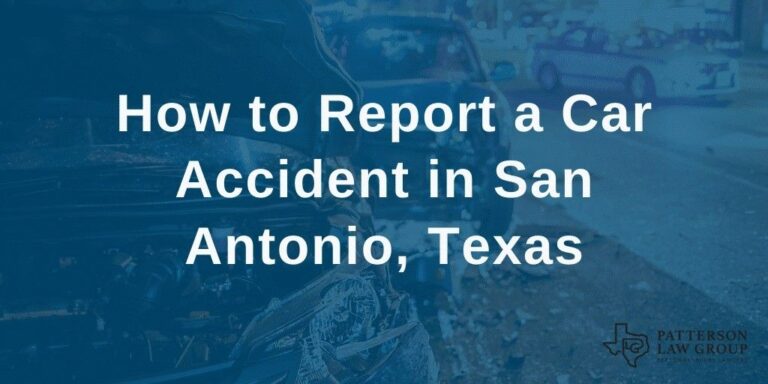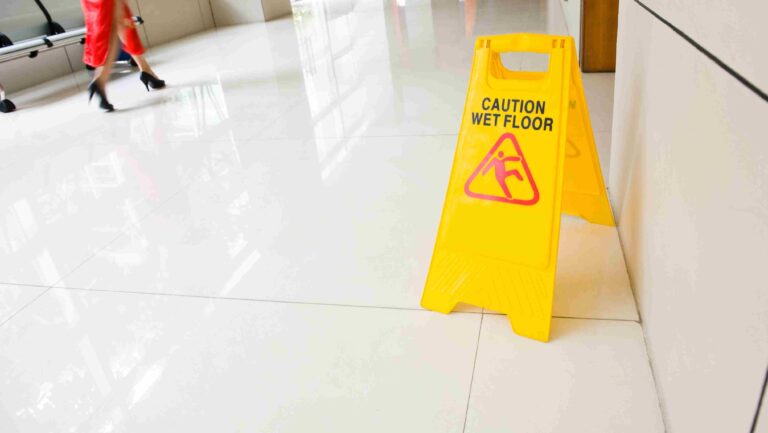In Texas, car crashes are one of the leading causes of death and injury among children. Yet many families still overlook the critical role booster seats play in preventing these tragedies.
At Patterson Law Group, we’ve seen too many cases where a child’s injuries could have been avoided with the proper use of a booster seat. Booster seat requirements in Texas aren’t just rules—they’re lifesaving guidelines designed to protect our most vulnerable passengers.
Here, you can learn more about the current booster seat laws in Texas, explain the real-world consequences of non-compliance, and offer tips to keep your child safe every time you hit the road. If you are involved in an accident, our car accident lawyers in Fort Worth are here to help.
Texas Booster Seat Laws at a Glance
According to Texas Transportation Code §545.412, children younger than 8 years old must be secured in a child passenger safety seat system, which includes booster seats, unless they are at least 4 feet 9 inches tall. Once a child reaches 8 years old or that height threshold, they can legally use an adult seatbelt. However, “legal” doesn’t always mean “safe”—children may still need a booster seat beyond these minimums if a seat belt doesn’t fit them correctly.
Booster seat laws in Texas are designed to ensure that every child passenger has the right protection based on their size, not just their age. Violating these rules can result in fines ranging from $25 to $250, not to mention putting your child’s life at risk.
As auto accident attorneys in Fort Worth, we know that following these guidelines is a critical step in preventing severe injury or death in a crash.
What Counts as a Proper Booster Seat?
A booster seat is meant to lift a child so that the seatbelt fits properly. It’s not a one-size-fits-all device. Here’s what Texas families need to know:
- High-back booster seats are ideal for vehicles without headrests. They offer head, neck, and back support.
- Backless booster seats are appropriate if your vehicle’s seat provides proper head support.
- All booster seats must meet federal safety standards and be installed according to the manufacturer’s instructions.
The booster seat rules in Texas emphasize the importance of proper use—not just ownership. Misuse, such as loosely buckling a child or failing to position the shoulder strap correctly, can render the seat ineffective.
According to the National Highway Traffic Safety Administration (NHTSA), nearly 46% of car seats and booster seats are used incorrectly.
When Can Kids Stop Using a Booster Seat?
Legally, children in Texas can stop using a booster seat when they turn 8 or reach 4 feet 9 inches in height. But let’s be honest—some kids grow faster or slower than others. As injury lawyers in Fort Worth, we recommend that parents use the following test to decide if their child is ready:
- Does the child sit all the way back against the seat?
- Do their knees bend naturally over the edge of the seat?
- Does the seatbelt lie flat across their chest and snug across the upper thighs?
If the answer to any of these is “no,” your child still needs a booster seat—even if they meet the legal minimum.
Car Accidents and Children: What We See as Fort Worth Lawyers
As car accident lawyers in Fort Worth, we’ve represented numerous families in the aftermath of devastating collisions. When children are involved, the consequences are even more heartbreaking. One of the most common patterns we see is that improperly restrained children suffer more severe injuries. Even at low speeds, the force of impact can throw a child forward if the seatbelt fits incorrectly or they’re not in a booster.
One case we handled involved a child who was in a regular seatbelt despite being under the legal height for a booster seat. During a side-impact crash, the belt rode up onto their abdomen, causing internal injuries that required surgery. Had the child been in a booster, the belt would have fit correctly and the injuries could have been prevented. These are not just anecdotes—they’re urgent warnings.
Common Booster Seat Mistakes to Avoid
Following booster seat laws in Texas is essential, but so is avoiding common usage errors. Here are a few mistakes we often encounter:
- Moving a child to a booster too soon: A child should remain in a forward-facing car seat with a harness until they exceed the weight or height limit.
- Placing the shoulder belt under the arm: This is a frequent mistake that can cause serious chest and abdominal injuries in a crash.
- Allowing kids to sit in the front seat: Children under 13 are safest in the back, away from airbag deployment zones.
Being aware of these common errors helps parents take a more proactive role in their child’s car safety. As accident lawyers in Fort Worth, we encourage families to double-check booster seat setups and consult safety professionals when in doubt.
What Fort Worth Parents Can Do Right Now
If you’re unsure whether your booster seat setup is correct, you’re not alone. The Texas Department of Transportation offers free child safety seat inspections. You can find a certified technician through programs like Safe Riders. Taking 15 minutes to get a professional check could save your child’s life.
Additionally, always register your booster seat with the manufacturer. This ensures you’ll be notified about recalls or safety alerts. Recalls can involve everything from buckle failures to incorrect labeling—issues you don’t want to discover during an emergency.
After a Car Accident: What You Need to Know About Child Injury Claims
If your child has been injured in a crash while in a booster seat, you may be eligible to pursue compensation for medical bills, emotional trauma, and future treatment. As auto accident attorneys in Fort Worth, we understand that the aftermath of a crash is overwhelming—especially when it involves a child.
Here’s what you should do if your child is injured:
- Seek immediate medical attention. Even if injuries appear minor, symptoms may develop later.
- Preserve the booster seat. It may be needed for inspection or evidence in your case.
- Contact a car accident lawyer in Fort Worth. We can investigate liability, speak with insurers, and build a strong claim while you focus on your child’s recovery.
Texas law allows personal injury claims on behalf of minors, and damages can include both immediate and long-term effects, such as future surgeries, psychological care, and reduced quality of life. At Patterson Law Group, we handle every case with the compassion and urgency it deserves.
Frequently Asked Questions About Booster Seat Laws in Texas
Do booster seat rules in Texas apply to ride-share vehicles like Uber or Lyft?
Yes. Texas law does not exempt taxis or ride-shares from child passenger safety seat requirements. If you’re planning to travel with a child, bring your own booster seat.
Can my child sit in the front seat if they’re in a booster seat?
While not technically illegal after age 8, children under 13 should always sit in the back seat for safety. Airbags can be extremely dangerous for smaller bodies.
Are there exceptions to the booster seat laws in Texas?
Medical exemptions can be granted with proper documentation, but general exceptions are rare. Compliance is expected in nearly all driving situations.
What happens if I’m cited for non-compliance with booster seat laws in Fort Worth?
You may face fines, and if your child is injured due to improper restraint, it could impact both civil liability and insurance coverage.
Don’t Just Follow the Law—Go Beyond It
Booster seat requirements in Texas exist to save lives, but safe driving is about more than just checking legal boxes. Every child’s body develops differently, and your best bet is to base the decision to upgrade your child’s seat on safety, not just the calendar or tape measure. As experienced accident lawyers in Fort Worth, we urge parents to follow the law, stay updated on safety best practices, and reach out for legal help if an accident occurs.
If your family has been impacted by a crash involving a child passenger, contact us at Patterson Law Group. As trusted auto accident attorneys in Fort Worth, we are ready to advocate for your child’s rights and ensure your family gets the support you need.





